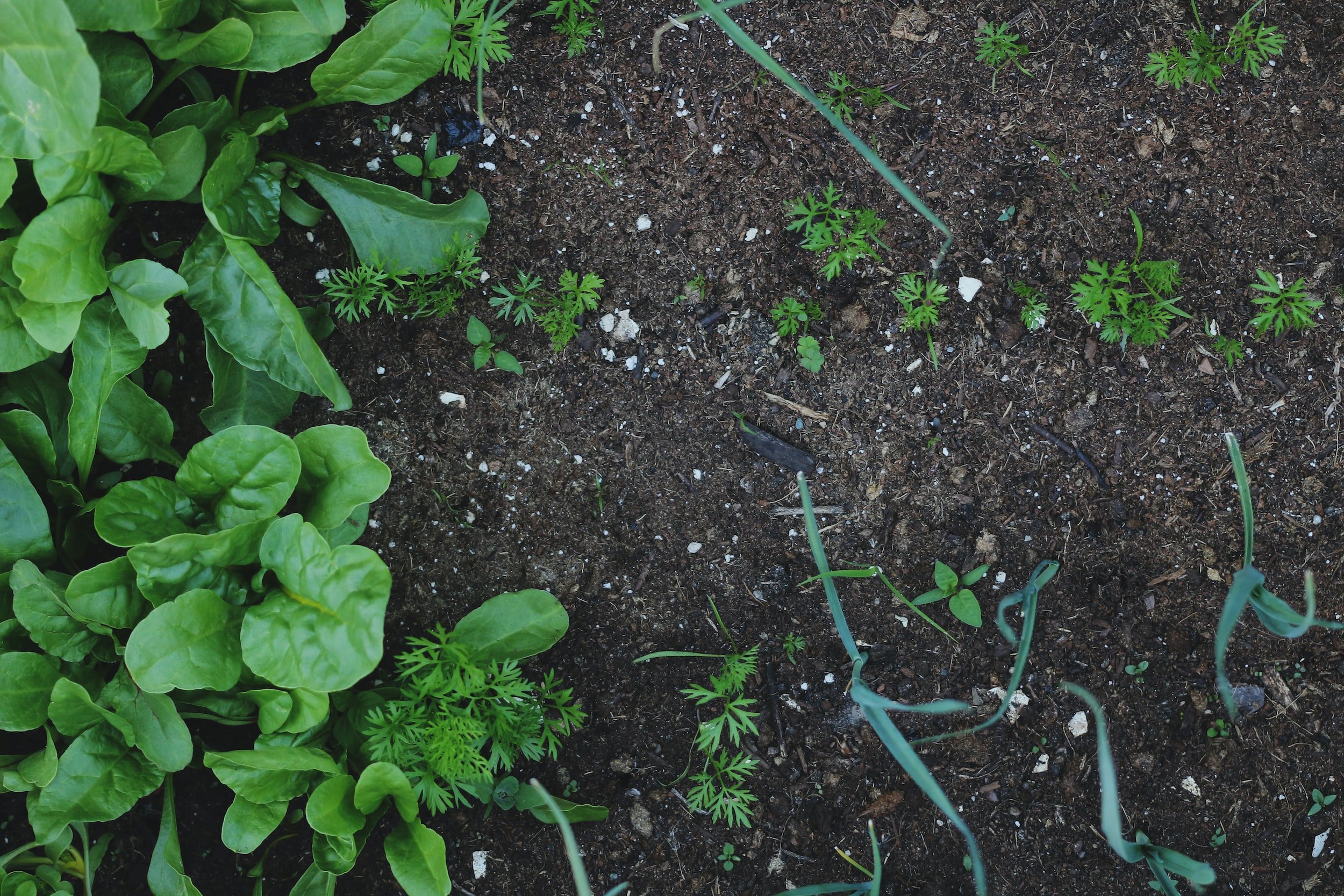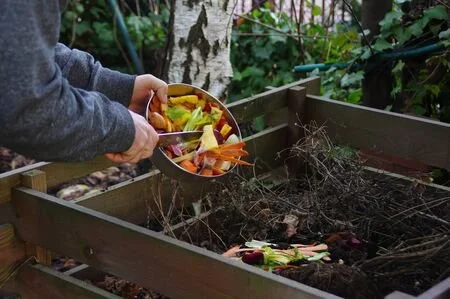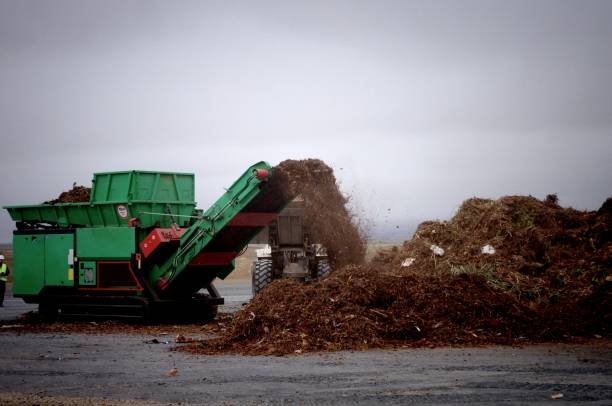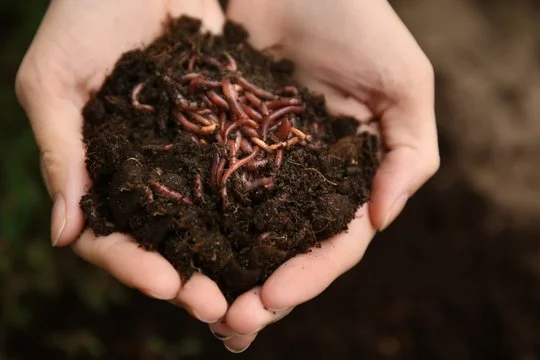Learn / Waste Reduction / Composting
Getting Started with Composting
Whether you're an avid gardener or just want to reduce the waste you send to the landfill, we all have reasons to compost...
-

Waste Reduction
Over half of all waste occupying US landfills is organic matter. Most of this material can be composted in one way or another - and doing so preserves space in our landfills for items with no other alternative.
-

Climate Change
Organic matter that breaks down in an anaerobic environment, as is the case in most landfills, generates methane. Methane is a greenhouse gas up to 80 times more harmful than carbon dioxide, which makes landfills significant contributors to the climate crisis.
-

Soil Amendment
If you do garden, then composting is your ticket to free, high-quality, and natural fertilizer! Not only does compost provide essential plant nutrients, it also bolsters the soil ecosystem, which has been shown to grow hardier, more disease-resistant plants.
Methods of Composting
There are different ways to compost. Even if you don't have a backyard, there may be a method for you!
Backyard Composting
You don’t need a ton of space to be a successful backyard composter. You can get creative to fit your compost set-up into the space that you have — from a loose pile in the back corner of your yard to a multi-chambered, rotating container in the corner of your driveway. See the brochure below for more info.
Industrial / Commercial Composting
If you can’t or don’t want to compost at home, you can send your compost to a large-scale composting operation.
CompostNow provides a weekly compost pickup service that makes dealing with food waste hassle-free. The City of Asheville Offers several free food scrap drop-off locations for residents.
Vermicompost (Worms)
Done correctly, vermicompost systems hardly smell at all, and can be done indoors. This is a great option for folks who lack outdoor space. Please note: Only Red Wiggler worms can process food into a rich soil amendment Find Red Wigglers near Asheville.
More composting information can be found on the NC State Extension site linked below.





